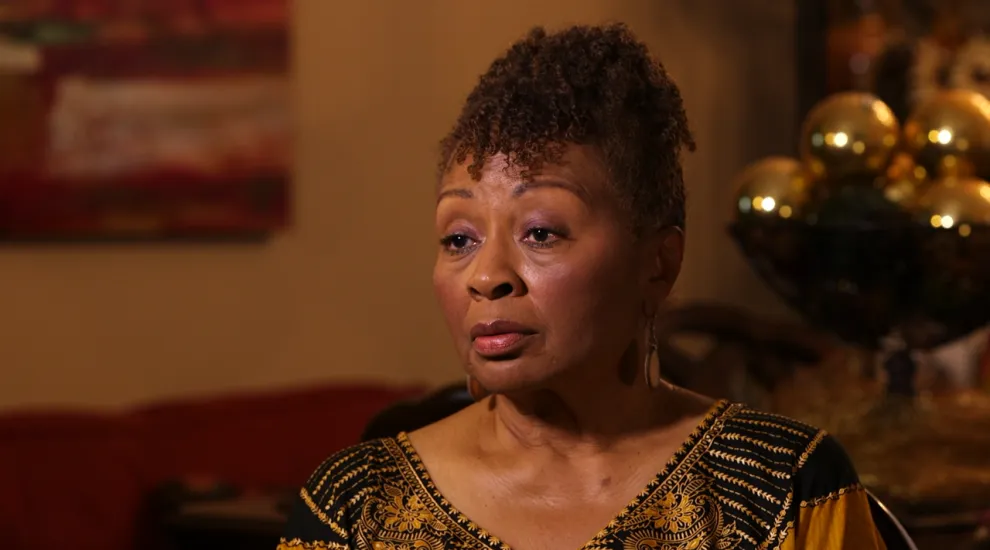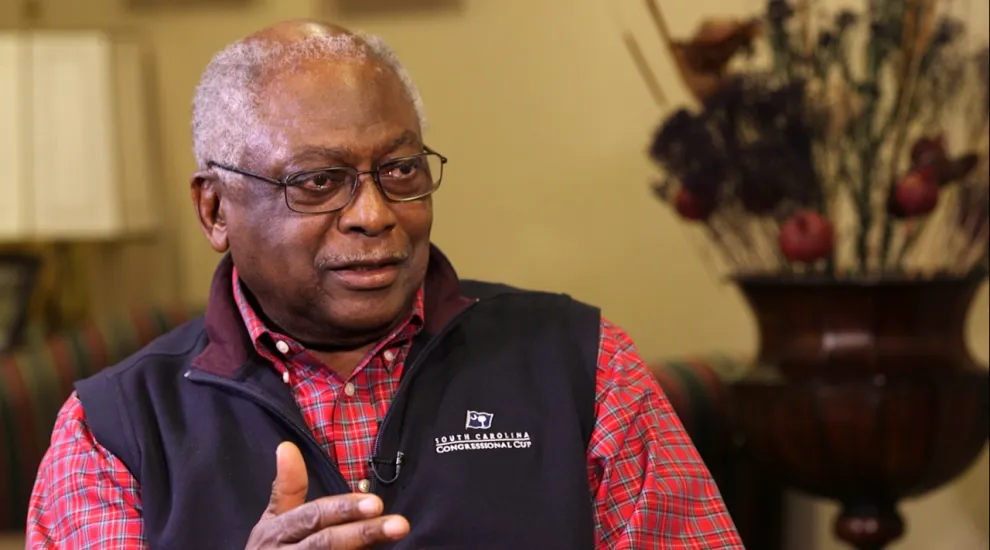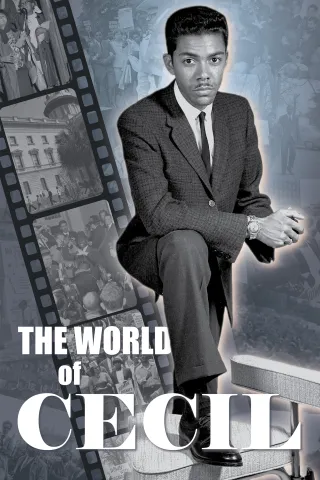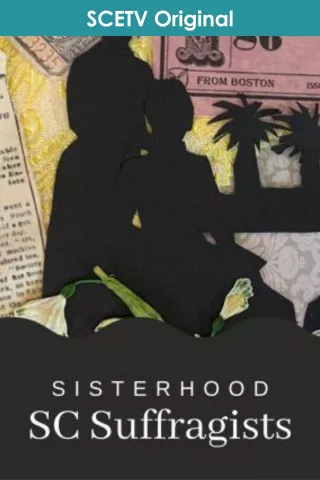Beryl Dakers
Beryl Dakers built a 30-year career in broadcasting on a pioneering start that had Dakers opening a series of doors previously locked to women and minorities.
Dakers began her career as the first African American on-air news reporter for WIS radio in the early 1970s. She continued to blaze a trail through the years. Dakers was among the first African Americans to work as an on-air personality and producer for the TV arm of WIS. She would later take her talents to ETV, where she still works. There, Dakers has distinguished herself as one of the state’s most influential broadcasters and documentary filmmakers.
Over the past three decades, Dakers, a Columbia native, has been on the frontlines of the biggest news events in South Carolina. At ETV, she’s hosted forums where top newsmakers debated the topic of the day. She’s also dedicated herself to making South Carolinians more familiar with the range of its historically significant personalities through her documentary films. “Makin’ a Way Out of No Way: Modjeska Simpkins” is a look at one of the state’s most penetrating and effective voices of the civil rights movement. Dakers also produced “Strom Thurmond — At the Seat of Power.” Dakers has also produced documentaries on some of the state’s toughest issues, such as its high rate of domestic violence and its uneven track record of protecting the coast.
Dakers has been nominated for two Emmy’s, considered the most prestigious award in television news. “Steel Palmettos” and “The Door Project” were both about arts programs in the Midlands. She also created two of ETV’s all time most popular programs, NatureScene and What In the World Is It’ Not coincidentally, Dakers is known as one of the state’s biggest champions and most influential voices in supporting the arts. She hosts “VERVE!” a monthly arts magazine ETV airs. She serves on the board of the South Carolina Arts Foundation, the Cultural Council of Richland and Lexington counties, the SC Arts Alliance, the SC Arts Foundation, Voices for South Carolina’s Children, and the Historic Columbia Board of Advocates. She is a former member of the Eboni Dance Theatre, the Columbia Museum of Art, and the S.C. Philharmonic. She is also a former two term President of both the Columbia Urban League Board and the Columbia Chapter of The Links, Inc., and a former Board member of the National Urban League and the United Way of the Midlands. In 2000, Dakers was awarded the Elizabeth O’Neill Verner Award, the state’s highest recognition in the arts.
Some of her highest praise comes from her peers, who appreciate her efforts in connecting the arts and artists with mass audiences. “If the arts could talk, they would sound like Beryl Dakers,” said Leo Twiggs, nationally known batik artist and retired director of South Carolina State University’s I.P. Stanback Planetarium and Museum, in a 2000 interview with The State. “Her voice is legendary, and her style is extraordinary.”
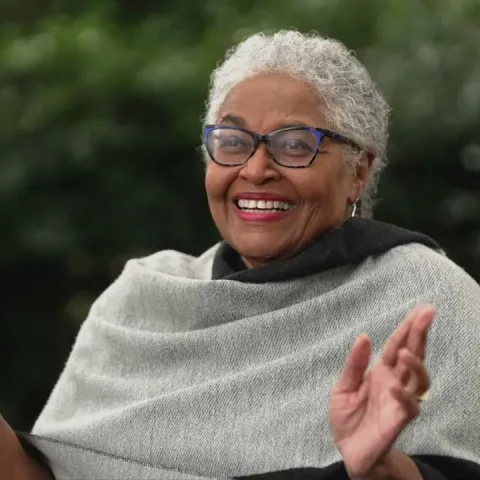
Stories
-
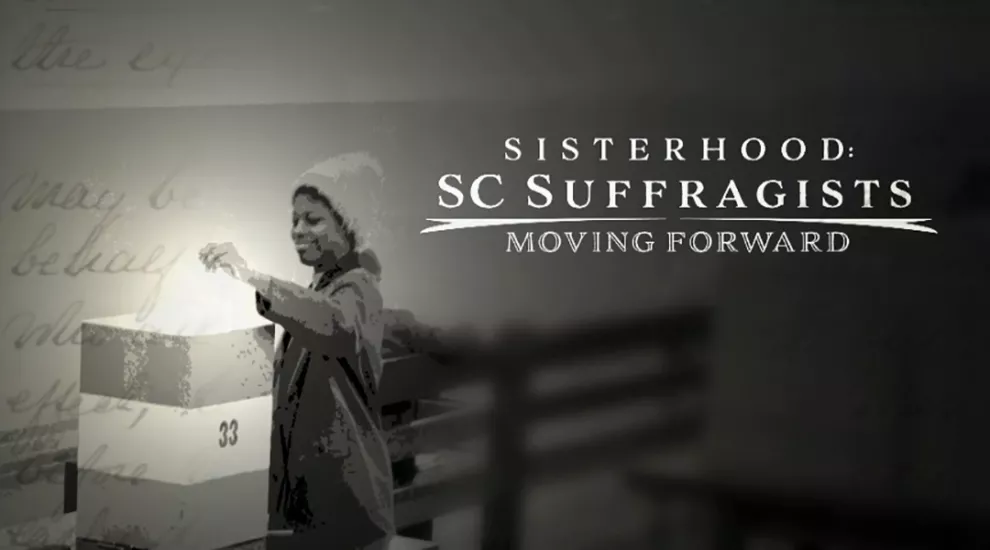
Sisterhood: SC Suffragists'-Moving Forward
August 23, 2020This program highlights the efforts of famous South Carolina suffragists, such as the Grimke sisters, the Rollin sisters, and the Pollitzers. The contemporary discussion, hosted by Beryl Dakers, analyzes the legacy of the passing of the 19 th Amendment. Joining the... -
Septima Clark | SC Hall of Fame
Beryl Dakers and Jackie JohnsonFebruary 13, 2020Septima Poinsette Clark was known as the “Queen Mother” or “Grandmother” of the Civil Rights Movement in the United States. Martin Luther King, Jr., commonly referred to Ms. Clark, as “The Mother of the Movement”. Born in Charleston, SC, in 1898, Septima’s life was greatly... -
SC Native and Marvel Illustrator Sanford Greene
October 01, 2018South Carolina native Sanford Greene has been illustrating for some high profile companies. He's worked on some of the most well-known characters, including Black Panther and Luke Cage. He shares with us his love of illustrating and an upcoming project, a story whose... -
Orangeburg Massacre: All Star Bowling Lanes Protest Turns Violent, February 6, 1968
February 14, 2018The Civil Rights Act of 1964 ordered all public places and schools to desegregate and serve blacks and whites equally. For four years, from 1964 to 1968, Orangeburg's All Star Bowling Lanes refused to obey the Act and continued to turn away African Americans On February 6... -
Orangeburg Massacre: South Carolina and National Response to Tragedy
February 08, 2018Representative James E. Clyburn sits down with South Carolina ETV to talk about the country and South Carolina's response to the Orangeburg Massacre. Clyburn also compares how the Kent State shooting of 1970, which occurred two years after the Orangeburg Massacre, received... -
Clyburn Explains the History of HBCUs
February 07, 2018Representative James E. Clyburn sits down with South Carolina ETV to talk about the history of Historically Black Colleges and Universities (HBCU). Tell Them We Are Rising is a 90-minute film that airs as part of the acclaimed PBS series Independent Lens on Monday, February...



